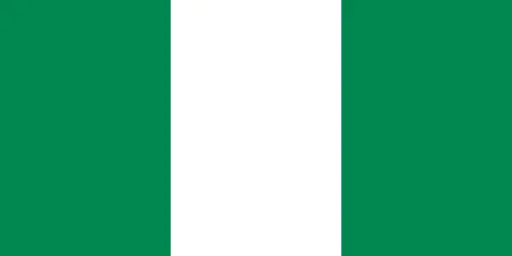
Nigeria
Nigeria regulates cosmetics stringently through rigorous registration and licensing procedures, and cosmetic labelling and cosmetic advertising regulations must be complied with. A draft Regulation that was developed in 2023 is being considered. The National Agency for Food and Drug Administration and Control (NAFDAC) regulates the import; manufacturing; distribution; and advertisement of cosmetics via the National Agency for Food and Drug Administration and Control Act.
In the draft Regulations, cosmetics are classifed into the following categories: skin care; oral care; sun care; hair care; decorative cosmetics; body care; perfumes; and any other classification as the Agency may prescribe.
Nigeria is a strong player in the CEN-SAD and ECOWAS RECs. Following its accession to the General Agreement on Tariffs and Trade (GATT) in 1960, Kenya became a member of the World Trade Organization in 1995.
The African Continental Free Trade Agreement; agreements with the United States of America’s (notably the African Growth and Opportunity Act and the Trade and Investment Framework Agreement) apply; and 31 other countries reportedly also apply. For example, the country has signed a Joint Declaration with the European Free Trade Area; and has trade agreements with China; the Netherlands; Begiuml and India, for example.
Furthermore, the Generalized System of Preferences (GSP) applies that gives the country preferential treatment in terms of exports to certain countries. The GSP’s overall framework and rules are administered by the WTO, with individual countries manageing their own preferences. Countries could include: Armenia; Australia; Belarus; Canada; the European Union; Iceland; Japan; Kazakhstan; New Zealand; Norway; the Russian Federation; Switzerland; Turkey; United Kingdom; and the United States of America.
